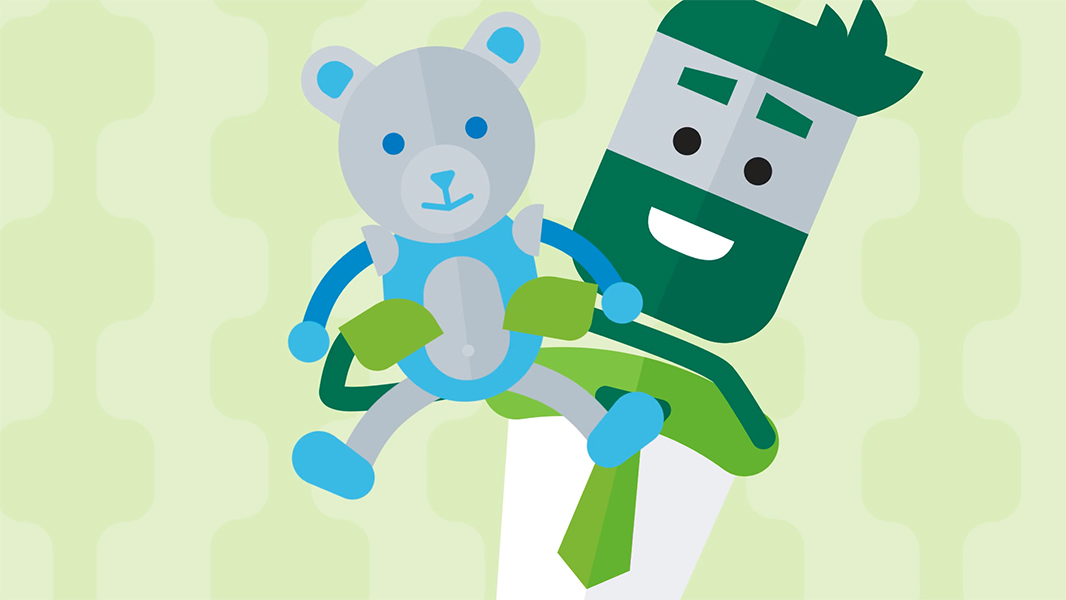
Through play children develop lots of skills including speech, language, problem solving, social skills, managing their emotions, responding to different situations, being creative and learning new things. It’s an important building block for learning as they grow up.
Play can be indoors or outdoors, part of a group or alone, planned or unplanned, with lots of toys or a few simple safe items like a box and plastic cup. Play can be part of everyday activities such as bath time or a walk to the shop.
Play uses all the senses, for example as your eight-month-old baby starts to explore;
It’s important as a parent or carer to give time and attention to children to help them learn to play, use their imagination, develop skills and learn about sharing.
If you live in Bradford you might have heard about the 50 things to do before you’re 5 and have been given a set of cards?
If you live outside the Bradford district, it’s still worth looking at the activities on 50 Things. Some are quite local examples (like visiting Bradford museums for #40 Happy History) but the basic idea is still relevant wherever you are.
The aim is to give every child the best chance to develop and learn, so the activities on the cards are for you to try with your child, following the instructions. These are fun things to help your child develop their confidence, their speech and language, and be ready to learn as they start school. You can download the app and build a memory bank of the fun things you have done together.






